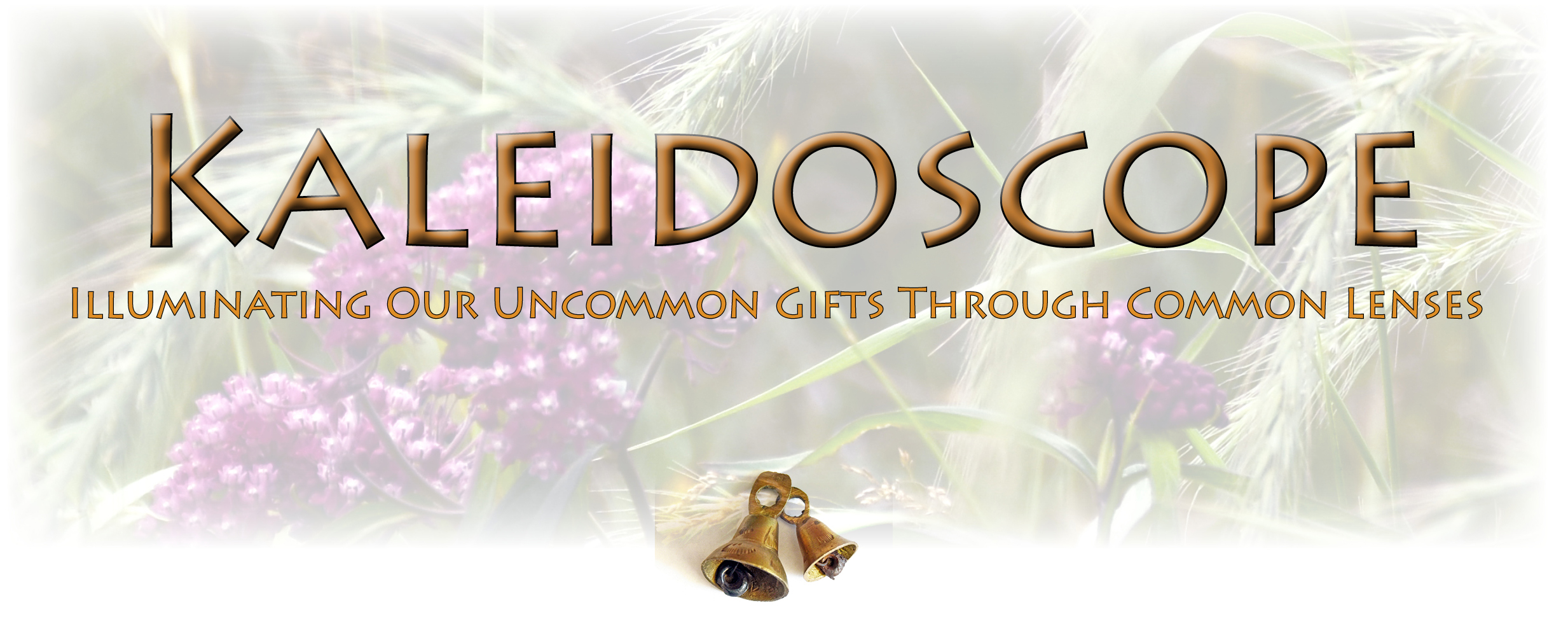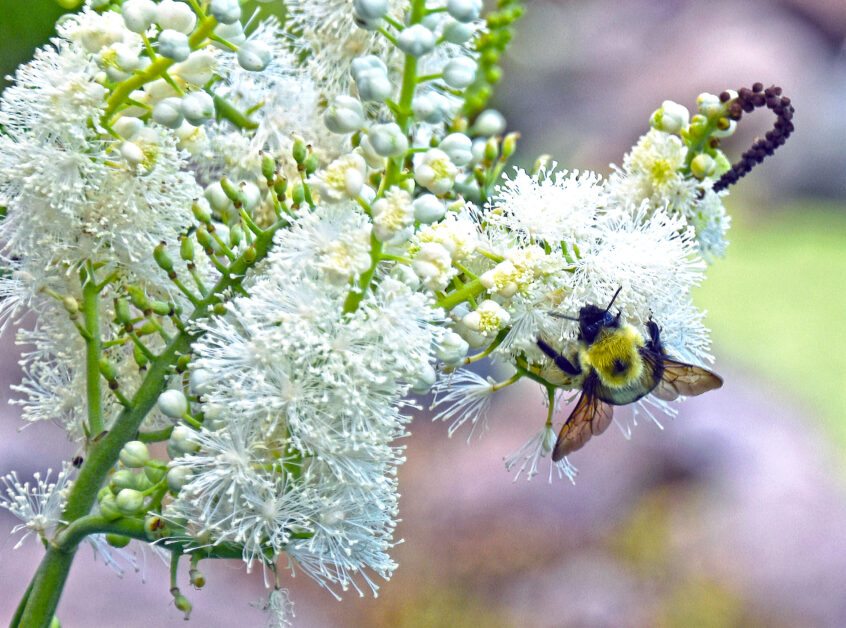In a speech Saturday, United Nations Secretary-General António Guterres
said that the pandemic has demonstrated how fragile the world really is.
“It has laid bare risks we have ignored for decades: inadequate
health systems; gaps in social protection; structural inequalities;
environmental degradation; the climate crisis.”
~ MPR News, July 18, 2020
“‘World’ and ‘earth’ have different meanings.
‘World’ comes from the Old English word ‘woruld’ for
‘human existence’ and ‘the earthly state of human existence.’
‘Earth,’ on the other hand, is the third planet from the sun.
Therefore, we face the potential of the end of the world
though not the end of the earth.”
~ Barbara Shipka, Leadership in a Challenging World, 1997.
“In New World New Mind, Robert Ornstein and Paul Ehrlich write, ‘The human mental system is failing to comprehend the modern world.’ They suggest that the evolution of our minds has not kept pace with what we have created. They vividly illustrate their point by noting that we have not evolved beyond seeing danger as a bear at the door of the cave. We respond or react to what is most immediate. Public interest can be sparked by the plight of two whales drowning in the Arctic Ocean but it is far more difficult to maintain public interest for the plight of life in the oceans in general.
We get stuck because we believe we can change and remake our world in conventional ways. To follow Ornstein and Erlich’s example, conventional ‘solutions’ to seeing a bear at the door of the cave would be hide far back in the cave, build a fire, throw sticks and stones, or scream to scare the bear away. We might even try to kill the bear with a spear. But, except for that moment and that bear, nothing has fundamentally changed. Even after the bear is gone we still live in the cave and other bears are still in the forest.” ~ Barbara Shipka in Leadership in a Challenging World, 1997.
It is tempting to parse our interconnected systems into manageable ‘chunks.’ However, in our world today, that is often just not possible. Together, innumerable global issues are so interconnected that they create interlocking crises. For example, at first glance it may not seem like PPE for health professionals working with Covid-19, tensions between China and the US, threats to our way of life, racism as a global issue, and climate change are interlocking crises. But they are!
Here’s just one ‘small’ example: Last week I read a CNN article entitled, “Record China flooding impacts PPE supply chain to US.” The article links the flooding to climate change. And, given the rapid increase in Covid-19 cases in the US, where is this much needed PPE made and shipped from? Wuhan, China (Trump’s ‘home of the China virus’). Wuhan is on the massively flooding Yangtze River so no PPE will be available to be shipped to the US for some weeks to come. And that assumes that US-China relations remain relatively stable.
Covid-19, health care, unnemployment, US-China relations, racism at home and abroad, climate change, supply chains, and whatever else you can think of are all part of one system: Our Fragile World.
While musing about what I wrote more than 25 years ago as the meaning of ‘world,’ I decided to look up its word origin again. It has not changed. But my meaning has. I see ‘world’ as a synonym for All Living Beings – and that includes Mother Earth herself.
.
Photo by Barbara
In our neighborhood
Minneapolis, MN

